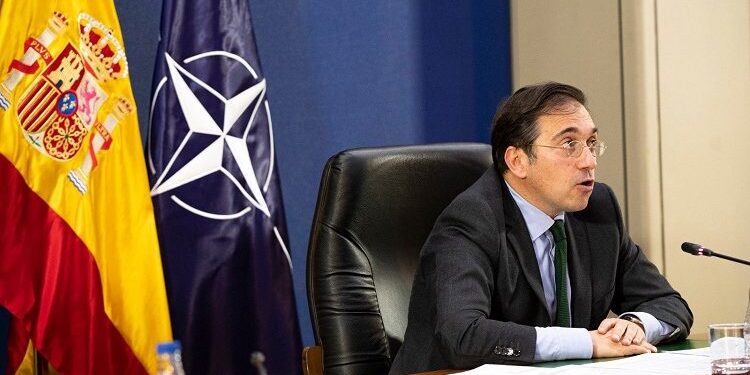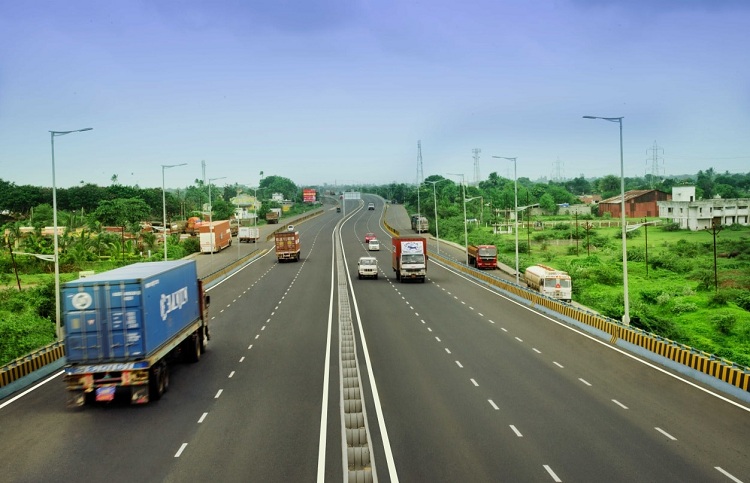The Diplomat
Foreign Minister José Manuel Albares yesterday agreed with his NATO counterparts in advocating the dual approach of “dialogue and deterrence” to deal with Russia’s military build-up in Ukraine.
“I have underlined the importance of unity among allies, dialogue and deterrence in defense of our values and principles, respect for the sovereignty and territorial integrity of Ukraine,” Albares stated via his official Twitter account after attending by videoconference the extraordinary meeting of NATO Foreign Ministers. Foreign sources contacted by The Diplomat could not provide further details on the minister’s intervention.
NATO Foreign Ministers held an extraordinary virtual meeting on Friday to discuss Russia’s continued military build-up in and around Ukraine, and the implications for European security. At the meeting, ministers stressed that any further aggression against Ukraine would have significant consequences and carry a heavy price for Russia. Allies continue to stand with Ukraine and fully support its sovereignty and territorial integrity, as well as the principle that all countries have the right to decide on their own path and their alliances.
“Russia’s aggressive actions seriously undermine the security order in Europe,” NATO Secretary General Jens Stoltenberg said at the end of the meeting. “NATO remains committed to our dual-track approach to Russia: strong deterrence and defence, combined with meaningful dialogue,” he continued.
“It is a positive signal that Russia is now prepared to come to the table and talk because when tensions are high, dialogue is even more important,” he added, referring to Moscow’s recent diplomatic engagements, which include holding a NATO-Russia Council meeting scheduled for Jan. 12.
“We are always ready to listen to Russian concerns and NATO will make every effort to find a political way forward,” the secretary general continued. “But for dialogue to be meaningful, it must also address Allies’ long-standing concerns about Russia’s actions,” he warned. In that regard, he specified, “it must be based on the core principles of European security and it must take place in consultation with Ukraine.”
“We are also consulting closely with other key partners, such as Georgia, Moldova, Finland and Sweden, as well as the European Union,” added Stoltenberg, who made clear that NATO will always take the necessary steps to protect and defend Allies, including by strengthening collective defence as necessary.







